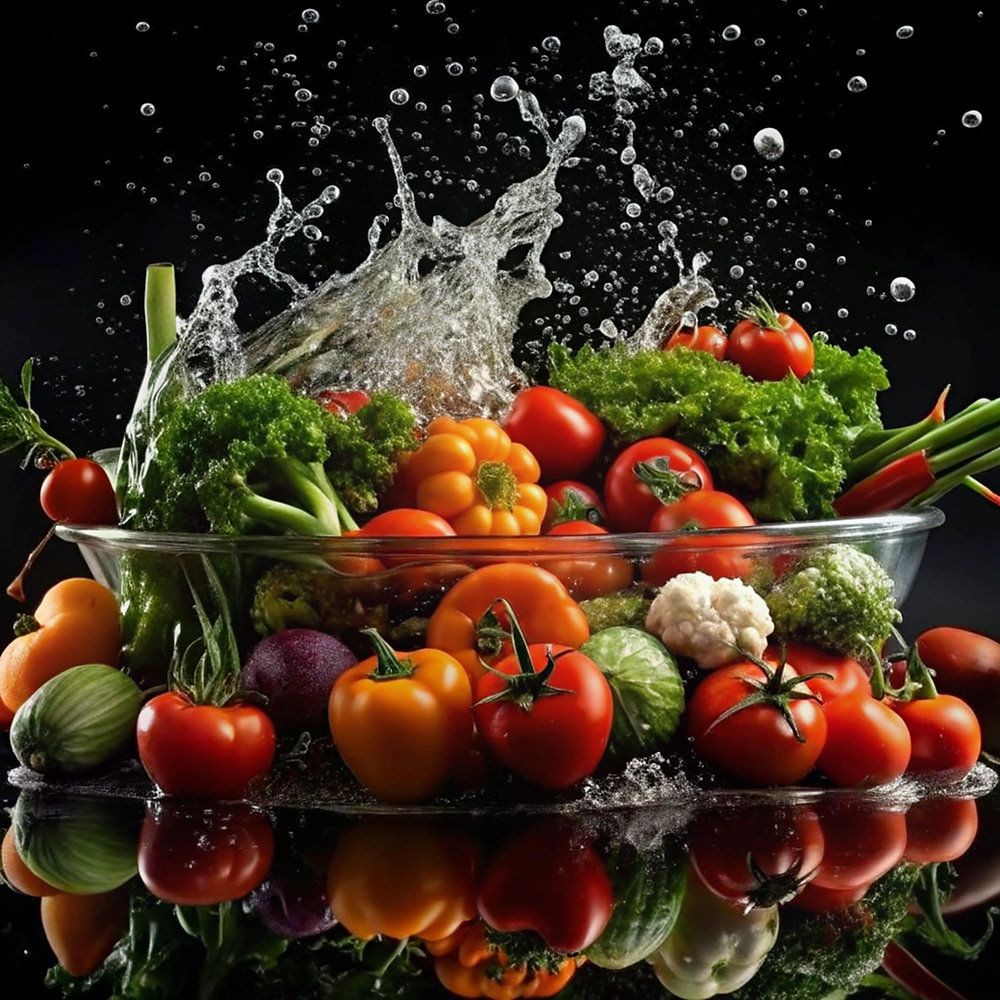
The Environmental Impact of Organic Food: A Greener Choice?
LoveFoodReadyMeals – Organic food has gained enormous popularity over the past two decades. Shoppers often choose it believing it is healthier, tastier, and better for the planet. But beyond the labels and marketing, how much does organic farming truly benefit the environment? Let’s take a closer look at the ecological footprint of organic food and whether it really stands as a greener choice.
Reduced Use of Synthetic Chemicals
One of the main advantages of organic farming is the avoidance of synthetic pesticides and fertilizers. Instead, farmers rely on natural alternatives such as compost, crop rotation, and biological pest control. This reduces chemical runoff into rivers and groundwater, lowering risks of pollution and protecting aquatic life. In contrast, conventional farming often contributes to harmful algae blooms and declining biodiversity in water ecosystems.
“Read More : Rare Cannibal Jellyfish Invades Texas Beaches, Visitors Issued Warnings”
Soil Health and Biodiversity
Healthy soil is the foundation of sustainable agriculture. Organic practices, such as cover cropping and the use of organic compost, improve soil fertility and structure. These methods encourage the growth of earthworms, beneficial fungi, and microorganisms that help plants thrive naturally. Organic fields also tend to host greater biodiversity, from insects to birds, compared to conventional monocultures that rely heavily on chemical inputs.
Lower Carbon Footprint — With Caveats
Organic farming usually emits fewer greenhouse gases per hectare because it avoids energy-intensive synthetic fertilizers. However, yields per acre are often lower than in conventional farming. That means producing the same amount of food might require more land, potentially leading to deforestation or habitat loss if scaled up too far. The balance between lower emissions and land use is one of the biggest debates in assessing the true sustainability of organic food.
Animal Welfare and Ecosystem Balance
In organic livestock farming, animals are generally given more space, outdoor access, and natural diets. This reduces the spread of disease and minimizes reliance on antibiotics, which in turn helps combat antibiotic resistance. Free-range systems also encourage more balanced ecosystems by integrating livestock with crop farming, creating a cycle of nutrient recycling that benefits the soil.
“Read More : Vegetarian Asian Meals Packed With Flavor”
Transportation and Packaging Matter Too
It’s important to remember that not all organic food is automatically eco-friendly. If organic produce is shipped halfway across the world or heavily packaged in plastic, its carbon footprint may rival that of conventional food. Choosing locally grown organic products helps ensure the environmental benefits are maximized while supporting nearby farmers.
A Greener, but Not Perfect, Choice
So, is organic food the greener choice? The answer is both yes and no. Organic farming certainly reduces chemical pollution, enhances soil health, and supports biodiversity. But challenges remain, especially around land efficiency and global scalability. The most sustainable approach may lie in a combination of organic methods, technological innovations, and mindful consumer choices such as reducing food waste and eating more plant-based meals.
Organic food offers a pathway toward a healthier planet, but it is not a silver bullet. As awareness grows, the focus should shift from simply buying “organic” to fostering a food system that balances human needs with environmental protection.